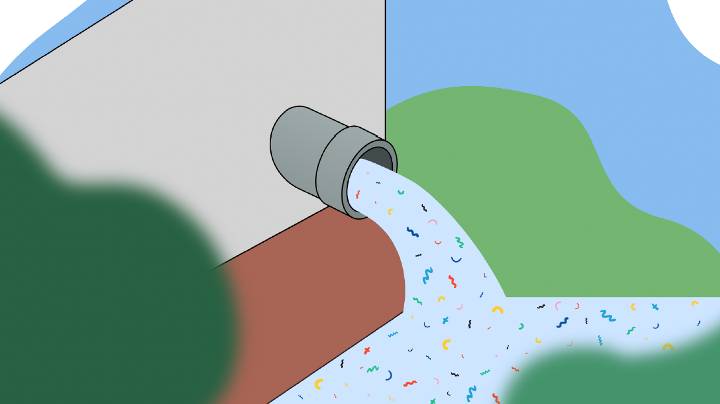HE FASHIONISTA
What a cute outfit you have on! But what do you really know about the items you are wearing? For example, did you know that almost 70% of all clothes in the world are made of plastic? Yes, including ours and probably yours. Just look in your wardrobe and check some labels for nylon, polyester and acrylic.
Clothes – especially fast fashion – are made of these cheap plastic materials. While wearing or washing, these clothes shed tiny plastic particles that end up in the environment, in animals and even in our bodies. The evidence keeps piling up: these particles make us sick. Bizarre, isn’t it?
Both fashion manufacturers and governments need to do something about this. That is what we are committed to. Meanwhile, we think it is also important to help you to take action yourself, by making you aware of the negative effects of plastic in clothing. It is time for change!
WHAT DOES SCIENCE SAY?
Our report “Do clothes make us sick? Fashion, fibres and human health” presents the scientific research on the effects of microplastic fibers on our health. Scientists worldwide are very concerned about the long-term effects of these tiny particles. In fact, we find them everywhere: from the far corners of the Arctic to high into the Himalayas. They are in the air we breathe and in the food we eat. The textile industry is responsible for as much as 35% of microplastic pollution in the oceans.
No time? This summary will get you up to speed in minutes.












